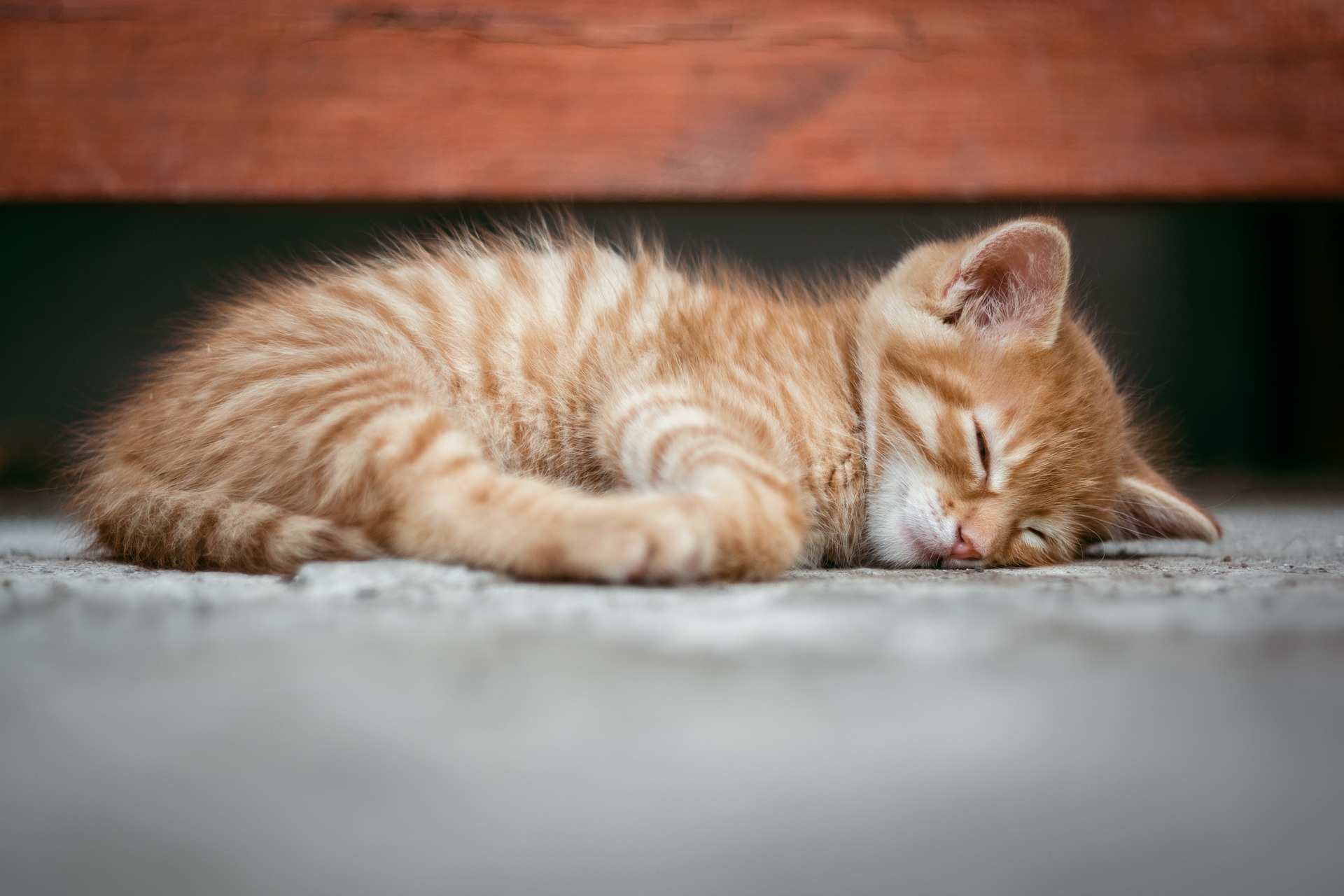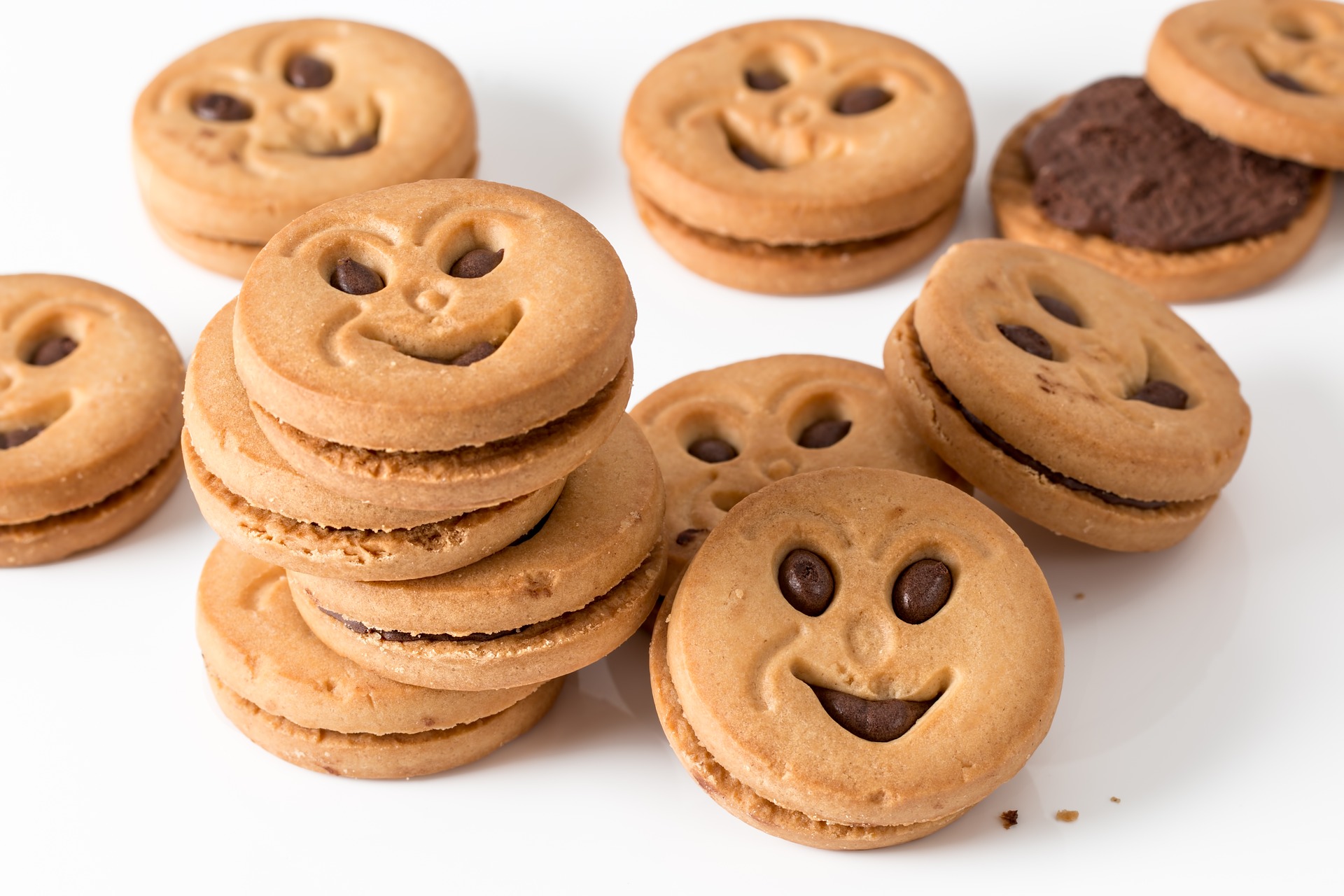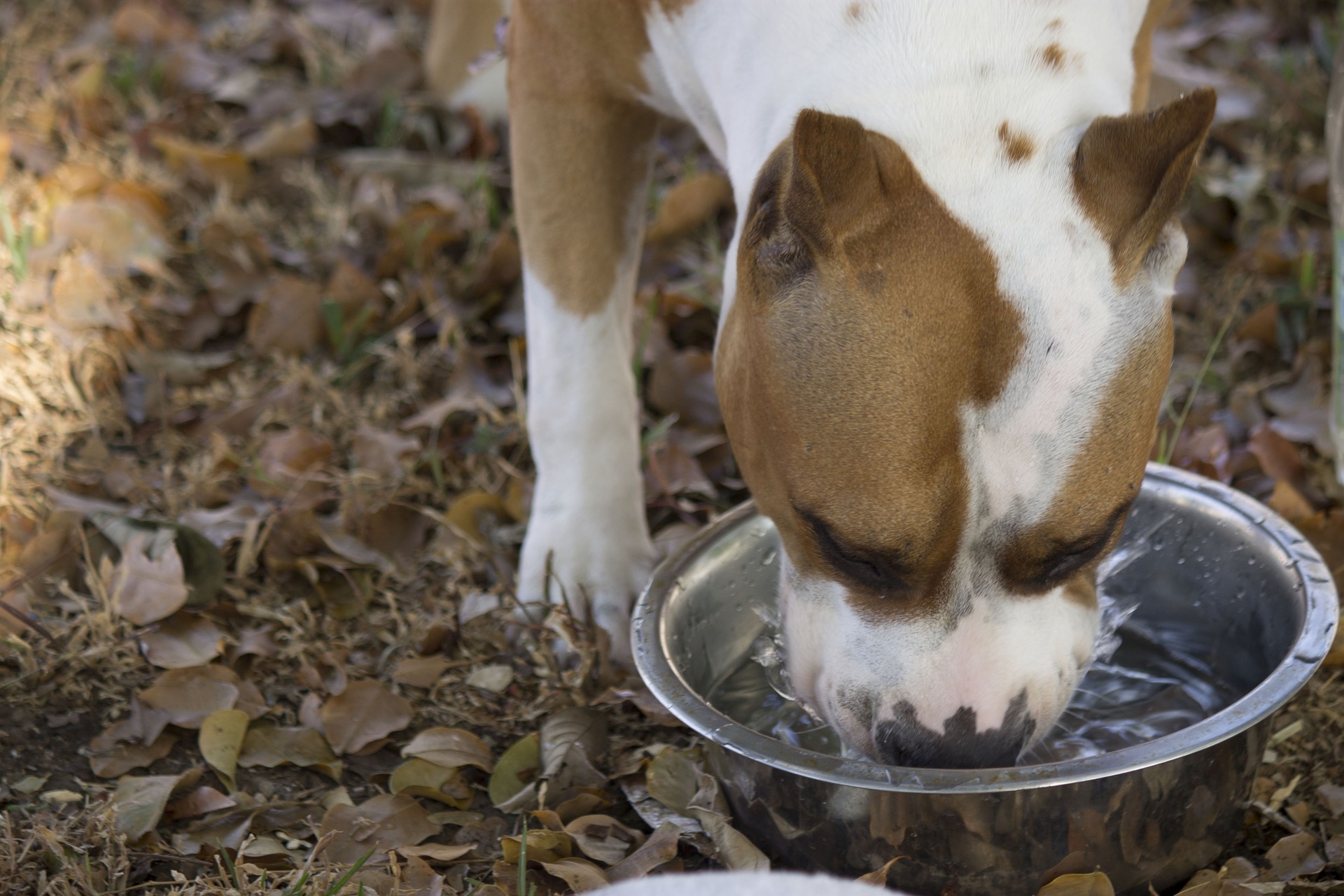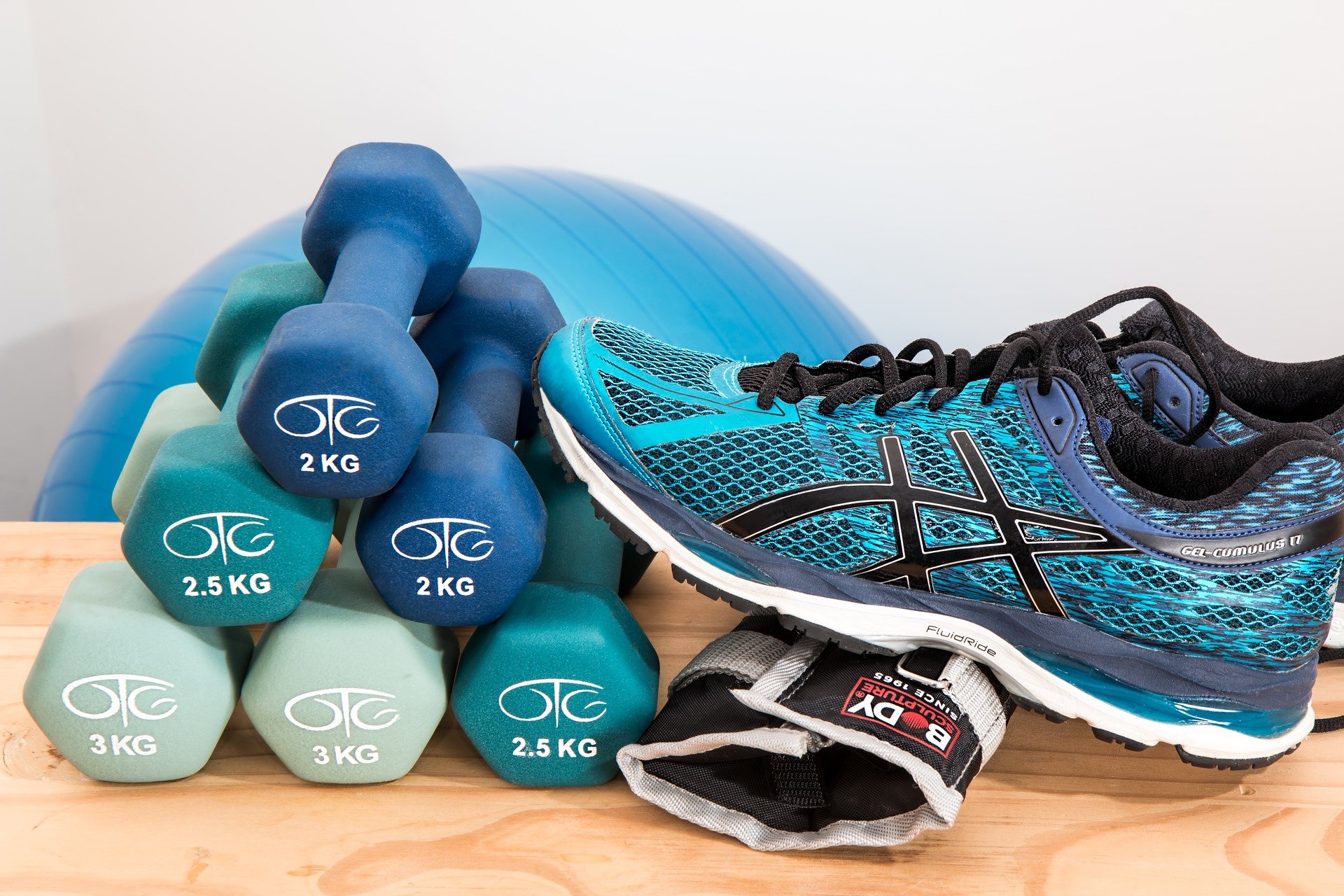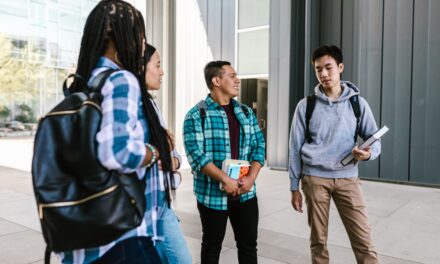Going to college is a way of becoming an adult, but including classes and college events. Such as participating in clubs and activities, or playing a sport. However, people don’t mention the challenges in college.
Feeling homesick may relate to students who are going to college away from home. Correspondingly, starting college can make students feel excited and anxious simultaneously.
The reasons to feel excited and anxious could be moving and meeting new people. These actions tend to make people come out of their comfort zone.
Students who are overcoming homesickness might sense an increase in:
-
- Low energy.
- Feel the “need” to go home.
- Lack of interest in new surroundings.
-
- Increase/Decrease of appetite.
- Feeling unhappy.
- Difficulty in school.
A few tips to help with homesickness:
- Keep in contact with those that are close (i.e. family, friends).
- Create a balance between work and leisure.
- Get a good amount of food and sleep.
Many students experience homesickness. Then again, there are those who may have adapted to the change of environment.
On average, college students need about nine hours of sleep. On the other hand, sleep is considered one of the biggest challenges when in college.
As a result of doing assignments late at night, meeting with friends, completing projects, or doing college events. Therefore, it’s important to have a sleep pattern.
Factors that can affect sleep pattern:
Suggestions to have better sleep:
-
- Sleep routine that’s consistent.
- Moderate exercise.
- Avoid naps if you can.
- Don’t have caffeine after 5 PM!
- Practice meditation.
College Challenge #3: Staying Healthy
Having a healthy diet can be an opposition for college students. Granted that students want to grab a quick bite or grab fast food. Therefore, it can affect one’s physical health.
Time management and paying attention to academics are other matters to consider as well.
Although it is tempting to avoid class, the consequence is missing the beneficiaries of given information and instructions.
Furthermore, find harmony between socializing and making new friends as well as finding the time to complete assignments.
Works Cited
“Challenges in College.” Challenges in College.
“Guide to Sleep for College Students & Older Teens.” Affordable Colleges Online.
Glassman, By: Keri. “How to Eat Healthy in College-Nutritionist Expert Advice.” Nutritious Life: Healthy Tips, Healthy Recipes.
“Common Problems for Students.” Common Problems for Students – Purdue University Fort Wayne.
“54 Health Tips for College Students.” Vista College.
Check out this author’s previous article by clicking on this text!
ABOUT THE AUTHOR
Pakarwadee Tiebklang
Student Author - Summer 2021



